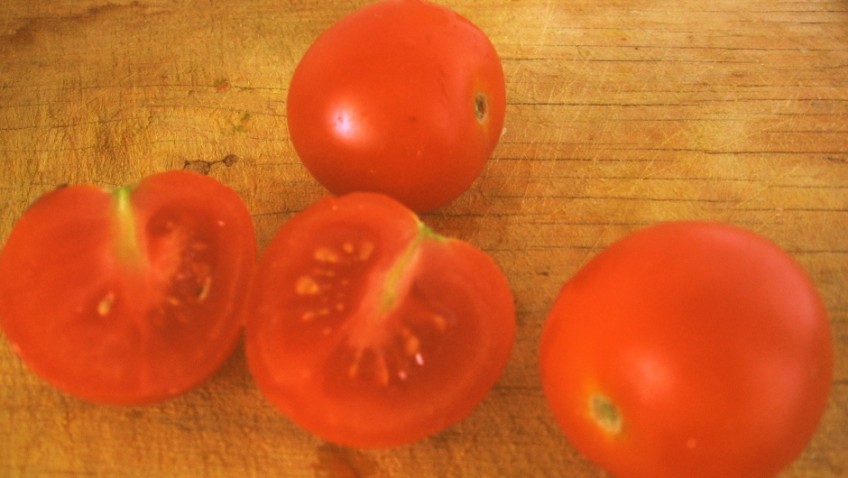Eating lots of pizza, ketchup and baked beans could help slash the risk of prostate cancer by nearly a fifth, a study revealed yesterday.
British scientists found that men who eat 10 portions of tomato-rich foods a week are 18 per cent less likely to develop the disease.
Remarkably, the research found the health benefits were even found in processed tomato products such as baked beans, ketchup, pizza and tomato juice.
The reduction in risk is thought to be down to lycopene, an antioxidant which fights off toxins that can cause DNA and cell damage.
Paul Bennett, deputy CEO of Prostate Cancer Research, welcomed the findings.
He said: “The great thing about this is that it is something everyone can do. Eating more tomatoes isn’t going to have a bad impact.
“It’s something so simple. It’s not a drastic change and it’s not asking men to completely change their lifestyle. People should definitely embrace the idea.”
The study looked at the diets and lifestyle of 1,806 men aged between 50 and 69 with prostate cancer and compared it with 12,005 cancer-free men.
Researchers composed a prostate cancer ‘dietary index’ which consisted of selenium, calcium and foods rich in lycopene – components all linked to the disease.
They found that men who had optimal intake of these three dietary components had a lower risk of developing prostate cancer.
Tomato products, including baked beans and pizza, were shown to be most beneficial, with an 18 per cent risk reduction found in men eating more than 10 portions a week.
Vanessa Er, from the School of Social and Community Medicine at the University of Bristol and Bristol Nutrition BRU, led the research.
She said: “Our findings suggest that tomatoes may be important in prostate cancer prevention.
“However, further studies need to be conducted to confirm our findings, especially through human trials.
“Hopefully in the long run other studies will be able to prove our findings are right and then we may start to see a decrease in the number of cases of prostate cancer.
“Men should still eat a wide variety of fruits and vegetables, maintain a healthy weight and stay active.”
Prostate cancer is the second most common cancer in men worldwide, with 35,000 new cases every year in the UK and around 10,000 deaths.
Researchers also took into account the physical activity, diet and body weight of the men used in the study.
The study was published in the medical journal Cancer Epidemiology, Biomarkers and Prevention.
It is the first research of its kind to study dietary components and their affect on the development of prostate cancer.
The report stated: “To develop the prostate cancer dietary index we included calcium, selenium and foods rich in lycopene, as these dietary components were strongly associated with prostate cancer.
“Fresh tomato and tomato product intake were used as an indicator of lycopene intake as they are rich sources of lycopene.
“Tomato products include tomato juice, tomato sauce, pizza and baked beans.”
Paul Bennett added: “The impact tomatoes can have on prostate cancer is something that has interested our specialists for a very long time.
“We have always encouraged a good diet and tomatoes have always been included in that.
“Cooked tomatoes are even better for you than raw tomatoes, which is why things like baked beans can really make a difference.
“That’s why in countries like Italy, where their diet contains a lot more cooked tomatoes, prostate cancer cases are much lower.
“Lycopene is something that we have now started encouraging people to take in the form of ‘once a day’ pills.”
A number of similar products, including the supplement, Ateronon, can be purchased over the counter.
Professor Raj Persad, internationally renowned url-oncology surgeon at Bristol Urology Centre said the findings were “encouraging”.
He said: “We have a special interest in lycopene and other compounds like green tea, both powerful antioxidants.
“We are planning a lycopene study next year with lactolycopene, because studies have show it is easily absorbed into the body.
“Scientific literature indicates that getting lycopene in the blood is vitally important to see it’s protective effect.
” The Bristol University study is very encouraging, but we must also remember that diet, lifestyle and exercise all play an important part too.”





